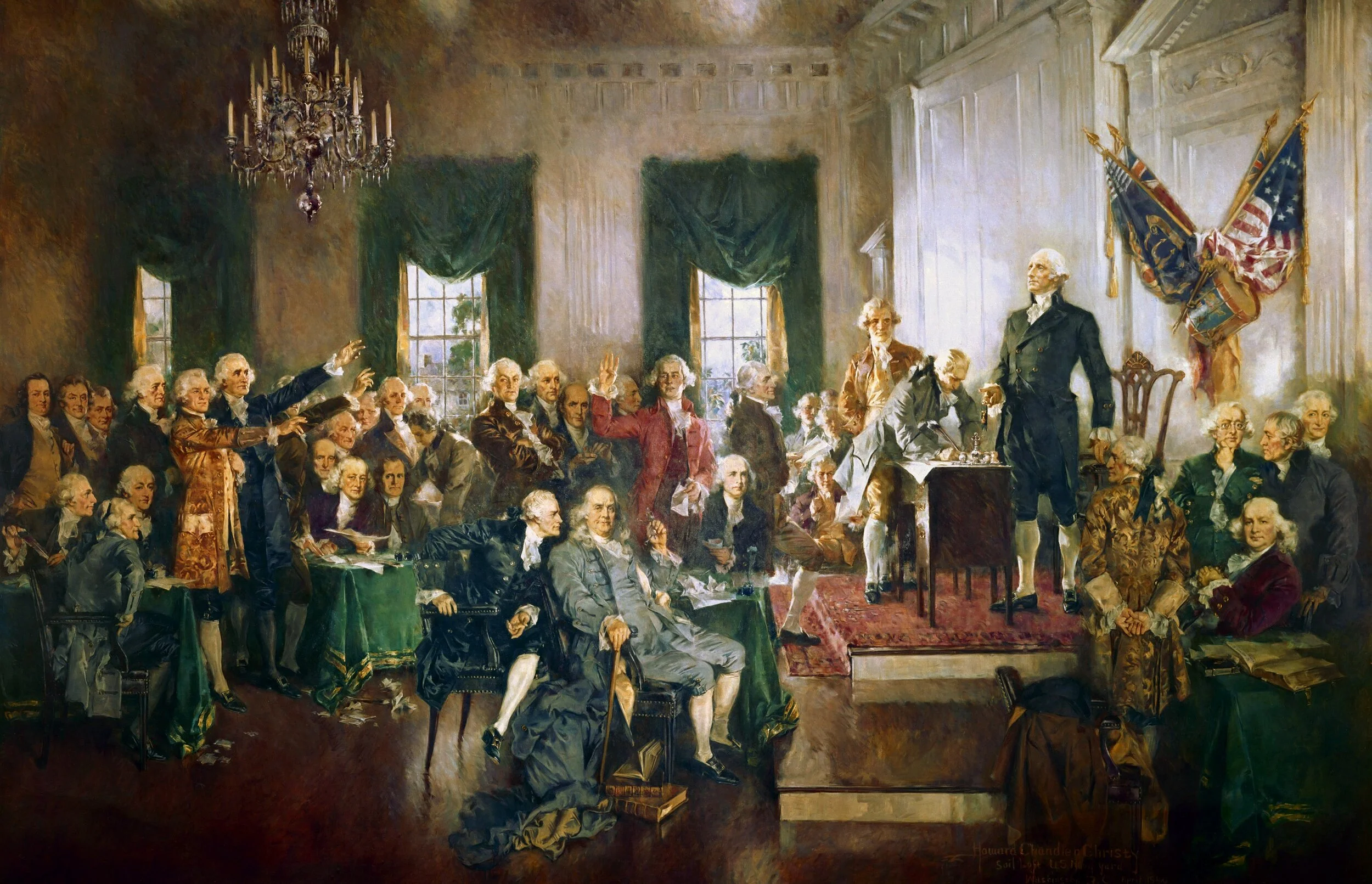The "Do it myself" Citizen
/Many American citizens agree that personal responsibility is part of good citizenship. The best way to contribute to society, they believe, is to avoid being a burden to others. If everyone took care of their own needs and wishes, they say, there wouldn’t be any unsatisfied needs or unfulfilled wishes.
Joel Westheimer and Joseph Kahne are widely recognized experts on citizenship and democracy. Their specialty is promoting democracy through education. And they say an education that encourages self reliance and other personal virtues is helpful.
Certainly honesty, integrity, and responsibility for one’s actions are valuable character traits for good neighbors and citizens. We are not arguing that personal responsibility or related virtuous behavior is unimportant.
Personal integrity and self reliance are good. But they are not enough. They are the starting point, and not the final goal. In the language of etiology (the study of causation), they are necessary, but not sufficient. The important distinction, between good self-reliance and bad self-reliance, is whether the person thinks self-reliance frees them of obligation to society. Because that never happens. Every citizen is obliged to cooperate with and contribute to their society. John Stuart Mill, author of a famous treatise, On Liberty, says every person has duty toward society and community.
Everyone who receives the protection of society owes a return for the benefit, and the fact of living in society renders it indispensable that each should be bound to observe a certain line of conduct toward the rest.
Another modern expert on civics education, William Galston, agrees with Mill. Galston says the duty each citizen has toward their society should be formalized and that community service ought to be mandatory.
We do not have to earn human rights, and no one can take them away from us. By contrast, we may have to perform specified acts to obtain citizenship rights. Citizenship is a package of rights and responsibilities.
Galston and Mill agree that every citizen owes service to the society in return for the benefits they receive from that society. They would say that no one is ever really self-made, nor ever truly independent. People who think they are “self-made” don’t understand the advantages they were given.
I worked with a young woman who described herself as “Libertarian” and valued self-reliance above other civic virtues. She offered her own life as an example that others should follow. She didn’t rely on government for anything, she said. She worked hard and obeyed the laws, she said. She was very generous, she said. And she concluded that government should demand nothing from her.
Mill and Galston and other experts would disagree with this woman in two ways. They would says that just because she is paying her own way at this stage in her life doesn’t free her from the obligation to help others. And they would say that she isn’t as self-reliance as she believes.
It did not enter into my colleague’s thinking that she became self-reliant only after she had received a great deal of good luck and public support. She was an American citizen. She was young. She was white. She was healthy. She had a Ph. D. and no student debt, and was married to a healthy, young, white American man with a Ph. D. and no student debt. They had no kids and no ailing elderly relatives.
She considered her educational attainment as a personal achievement. She didn’t acknowledge that her degrees came from taxpayer-funded public institutions. She worked for a public institution, and her father worked for a public institution. She was, in fact, a lifelong beneficiary of government programs. She had worked, it is true. But she had worked in fruitful and profitable environments that were created by public spending. And she worked no more diligently than many others who attained less.
So the self-reliant or “Do it myself” citizen is never absolved of their obligation to society. They will always benefit from living in a free and fruitful society, so they will always have a duty toward society and the other members of it.
An angry person named “Sasha V” below accuses me of mischaracterizing Libertarianism. But that’s hardly true. I’ve made no general statement about Libertarianism at all, and the person I cite as an example described herself as a Libertarian, which (I presume) she’s at liberty to do. If Sasha V has a bone to pick, it isn’t with me, but with people who call themselves Libertarian but fail to conform to Sasha’s notion of what it means.
Beyond that, I feel no need to respond to Sasha V. I’ve said above what I want to say, and she can propound her opposing view in her own place.
Think:
Are you a “Do it myself” citizen? Do you know someone who is?
What duties and obligations to society do you feel you owe?









